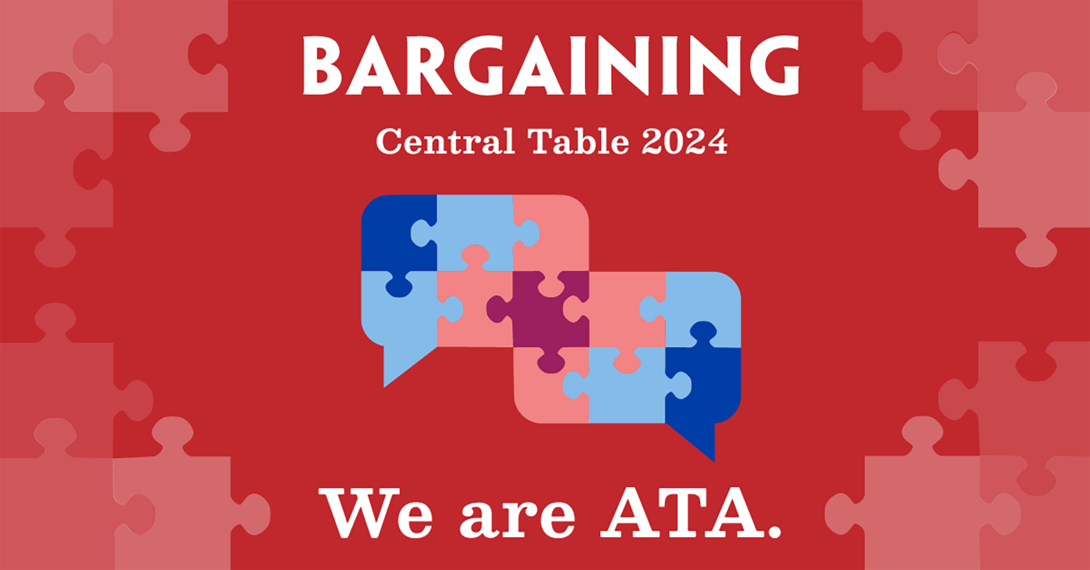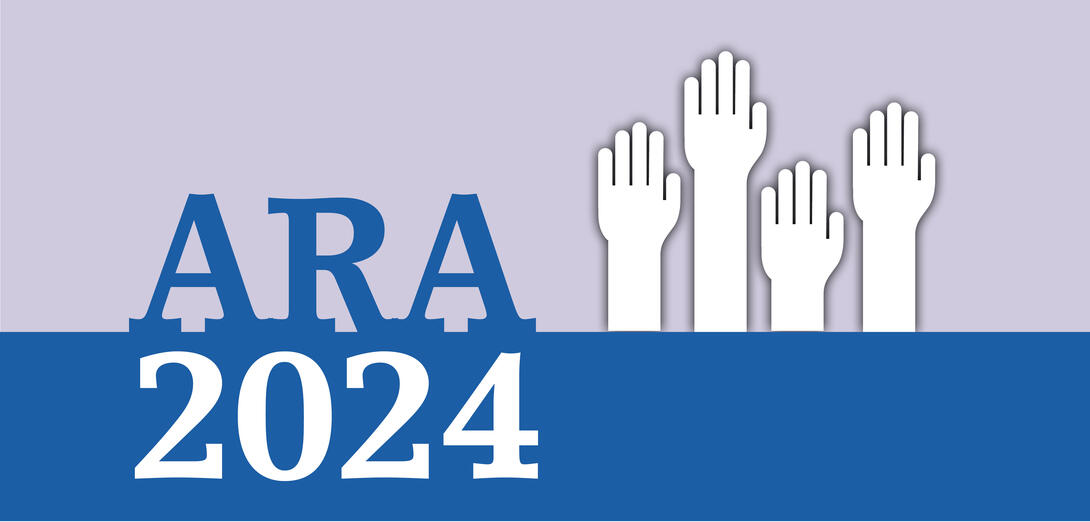The ATA is applauding the provincial government for stepping up to promote student mental health.
On May 10, the government announced it would provide $148 million to expand a partnership with non-profit agency CASA Mental Health, which has been delivering mental health programs in care facilities for more than three decades. Of the new funds, $40 million is earmarked for a relatively new program — CASA Classrooms — which places mental health professionals in individual schools.
The first two CASA classrooms opened in Gibbons and Sturgeon County in 2023. There are now eight CASA classrooms operating in Alberta schools and 12 more slated to open by early 2025. The announced funding boost is expected toexpand the program to up to 60 classrooms by 2026..
“Supporting the mental health and well-being of children and youth is a priority for our government,” said Education Minister Demetrios Nicolaides. “We look forward to seeing CASA Mental Health continue to make a positive impact in Alberta’s education system.”
The partnership will bring services closer to children and families, said CASA Mental Health CEO Bonnie Blakley.
“The goal is to provide mental health services earlier to more children and youth to prevent treatment in hospitals and empower them to thrive,” she said.
Wrap-around program
CASA Classrooms are about meeting students where they’re at, Blakley said. A teacher, support staff and a team of mental health professionals work together to provide services such as therapy, psychiatric care, medication and schooling. The program also provides students and families appropriate tools and services to help them transition back to their regular school and classroom.
“From the very beginning, 40 years ago, the mantra of CASA has always been that we’re child-centred and family inclusive and we need to wrap around the whole family,” Blakley said.
The in-school classrooms may not be the right option for all students, but they can help improve outcomes for many, Blakley said.
“We need to be aware of the severity of needs and keep everyone safe,” she said. “Everyone is doing their best to support these kids.”
Blakley added that providing a team of medical clinicians to address complex student needs ultimately gives teachers space to do what they do best.
“If you’re a teacher, a school division or a superintendent, you’re trying to educate kids and meanwhile they’re struggling with health-related issues ... our goal is to be able to provide that health piece while teachers get to teach,” Blakley said.
Welcome news
ATA president Jason Schilling welcomed the news of more funding for CASA Classrooms.
“I’m glad to see that the government is putting some money toward the mental health needs of our students, especially students who have really complex mental health needs, so that they can be successful in schools,” Schilling said. “It’s good the government is recognizing there’s a need and then putting money toward that need.”
While lauding the additional funding for CASA Classrooms — and that it is coming through the ministry of Mental Health and Addiction rather than drawing on schools’ instructional grants—Schilling hopes the funds will be sustainable to ensure Alberta’s children and youth are supported long term. He also hopes for supports for those who cannot wait until the new classrooms are ready in 2026.
“We have students and families with very specific needs right now,” Schilling said. “We need to find ways to make sure all students, those with immediate needs and those who need help in the future, are supported.” ❚


